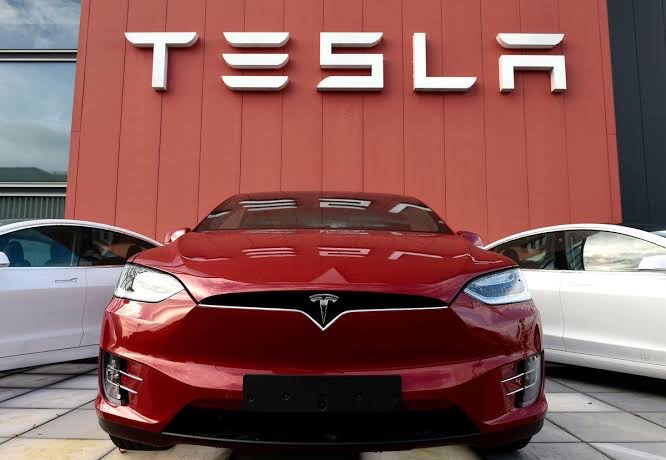U.S. Regulators ask Tesla to Recall 158,000 Vehicles

Barely a week after Tesla CEO Elon Musk was declared the richest person in the world, US safety regulators have demanded that the EV maker recalls 158,000 vehicles over touchscreen display failures. The order for the recall comes after month-long investigation by the National Highway Traffic Safety Administration.
The agency’s Office of Defects Investigation unit determined that the failure of the media control unit in the vehicles is a safety issue, considering that other functions including defogging and defrosting setting control, as well as backup camera all, stopped working. The audible chimes turn on when the turn signal indicator is used to alert the driver. Reports of these failures have been ongoing for years on Tesla forums.
The safety issue was first reported by Motherboard in 2o19 after some Tesla cars “bricked” after running out of memory. It wasn’t until June 2020 that the NHTSA officially started investigating the matter.
After the investigation, the investigators determined that the failure was caused by low memory storage in a flash drive used in these vehicles. The solution stated was to replace the hardware. Tesla models affected include the Model S sedans manufactured between 2012 and 2018, and Model X SUVs manufactured between 2016 and 2018.
The agency said the vehicles are equipped with an NVIDIA Tegra 3 processor and an integrated 8GB eMMC NAND flash memory device. A part of the 8GB storage is used each time the vehicle is started. Once the storage reaches full capacity, the eMMC NAND cell hardware will fail, which will result in the failure of the MCU.
“NHTSA notes that Tesla has implemented several over-the-air updates in an attempt to mitigate some of the issues described in this letter, but tentatively believes these updates are procedurally and substantively insufficient,” the notification read. “As a matter of Federal law, vehicle manufacturers are required to conduct recalls to remedy safety-related defects.”
Although Tesla declined to respond to comments, it sent a copy of a report to the NHTSA. The EV maker confirmed that all units will inevitably fail if the memory storage reaches full capacity. The company provided its statistical model that showed the number of projected weekly MCU repairs from 2020 through 2028. According to its estimations, the replacement rate for MCU failures will reach its peak in early 2022 and gradually decline until 2028.
“Tesla provided confirmation that all units will inevitably fail given the memory device’s finite storage capacity,” the agency said during a review.
The agency has asked Tesla to officially initiate a recall to notify all owners, dealers, and purchasers of the concerned vehicles of this safety issue and provide a solution.
Tesla has until January 27 to respond to the agency; failure to do so will attract a full explanation for its decision.


Be the first to comment!
You must login to comment